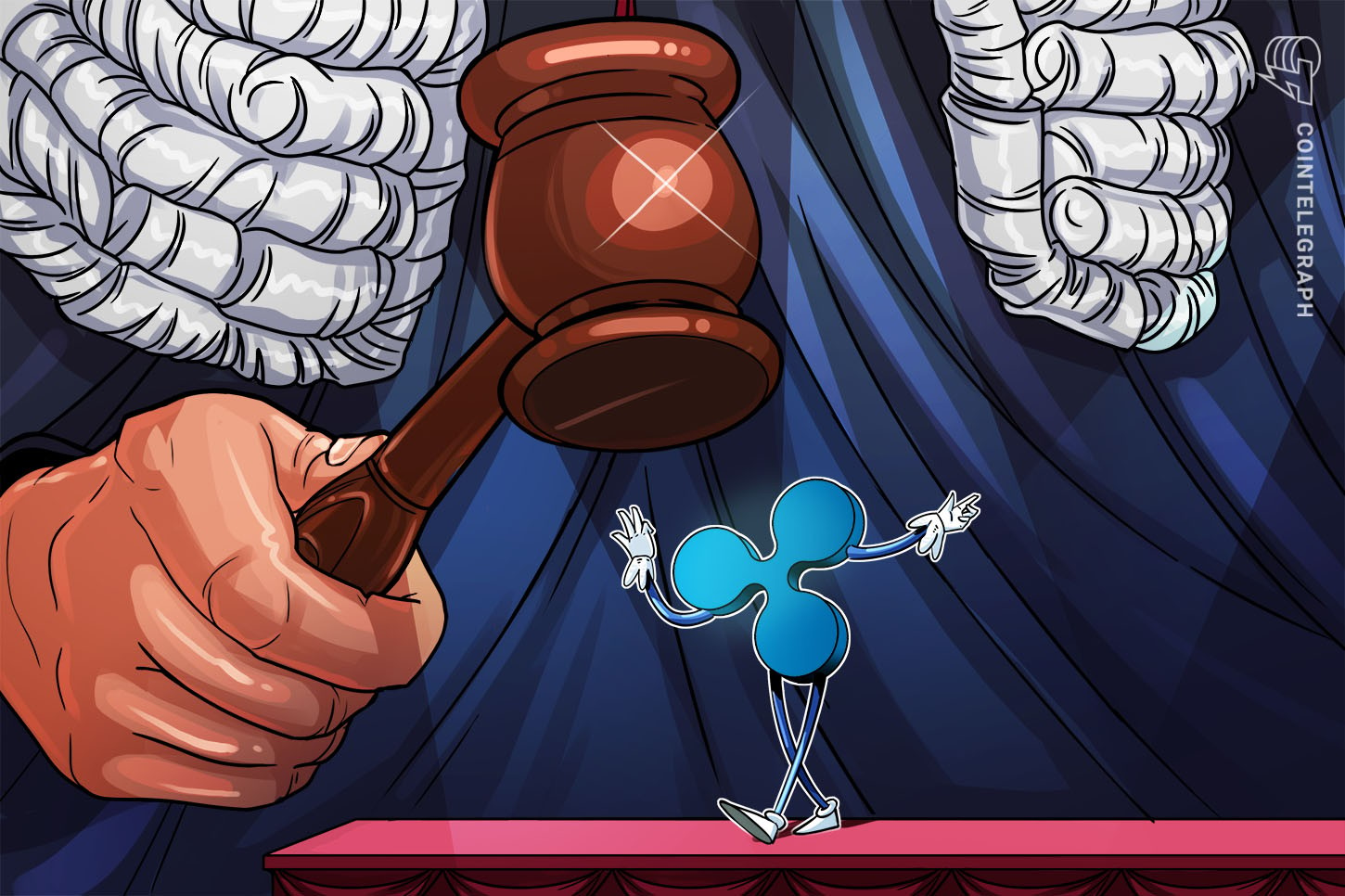The legal battle between the United States Securities Exchange Commission (SEC and blockchain-based payments firm Ripple continues, with the regulator wanting further access to Ripple’s internal communications.
The SEC filed a motion with the Southern District of New York on Monday, requesting Judge Sarah Netbrun to order Ripple to produce and submit its employee messaging on business communication platform Slack.
The filing notes that Ripple’s previous production of Slack messages to the SEC was incomplete, with the firm eventually admitting that this was caused due to a “data processing mistake” after “repeatedly contending that its Slack production was complete.” The SEC believes that Ripple only collected a small portion of its Slack messages and that a “massive quantity” of Slack data has not been collected or searched.
“Ripple’s data error and refusal to produce most documents has already been highly prejudicial to the SEC. Among other things, the SEC has deposed 11 Ripple witnesses using incomplete records of their communications,” the filing added.
According to the SEC, the missing documents include over 1 million messages comprising “terabytes of data” and eclipsing Ripple’s large email productions, which corroborates testimony that Ripple employees communicated at least as often by Slack as by email. The authority emphasized that previous Slack messages shared by Ripple “have yielded critically important information” that wasn’t part of emails or other documents provided by the firm.
Ripple subsequently filed a request to extend the deadline to respond to the SEC’s motion regarding the Slack communications from Thursday, Aug. 12, to Monday, Aug. 16.
Related: Ripple granted access to Binance’s records in SEC securities case
Attorney Jeremy Hogan, a popular lawyer within the XRP community, suggested that the SEC’s latest motion is yet another effort to prove that XRP should be treated as a security and thus fall under the commission’s jurisdiction. “It is attacking from the flank and arguing Ripple marketed and treated XRP like a security and therefore it is. The SEC has had some success with this argument in the past and it makes sense as a strategy since in all substantive ways XRP is NOT like a security,” Hogan noted.
Last week, SEC Chair Gary Gensler called for increased regulations to adopt rules for decentralized crypto exchanges. In response, former Commodity Futures Trading Commission Chair Christopher Giancarlo argued that crypto regulation doesn’t fall under the SEC’s jurisdiction, as cryptocurrencies are commodities.


